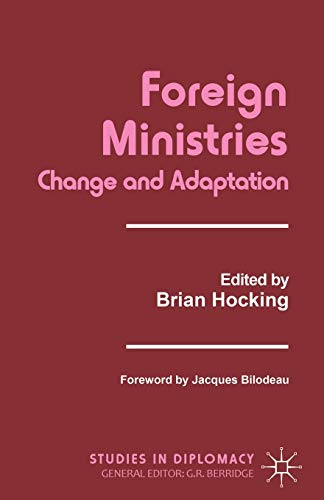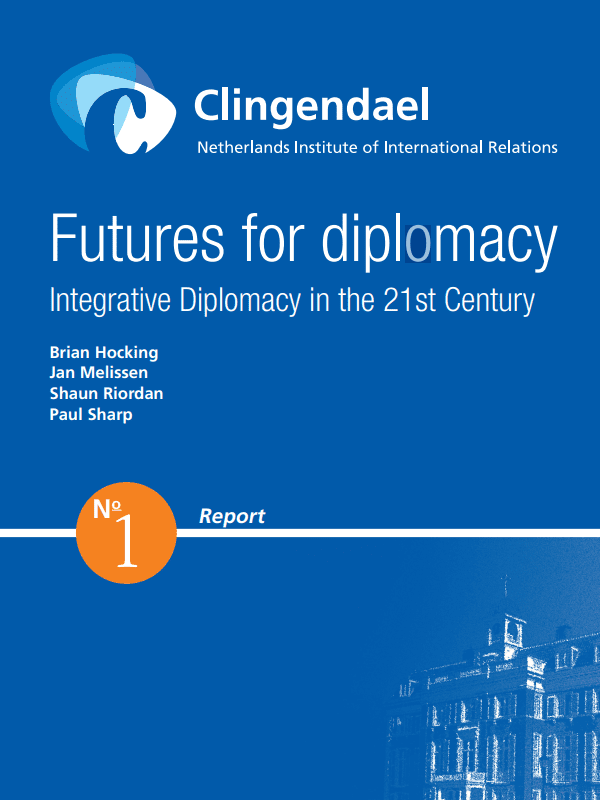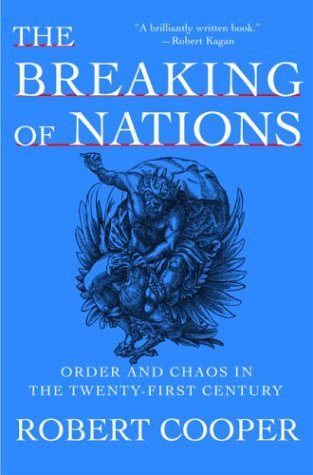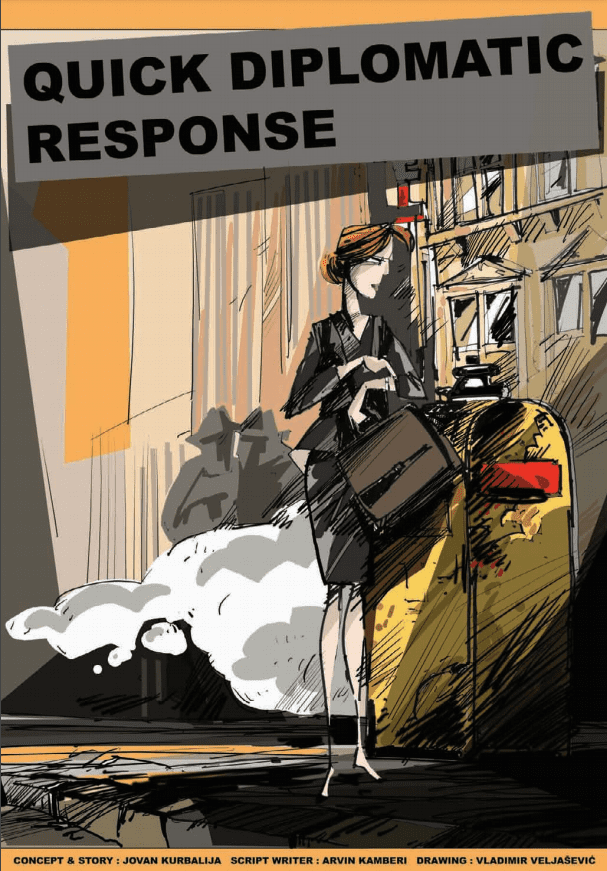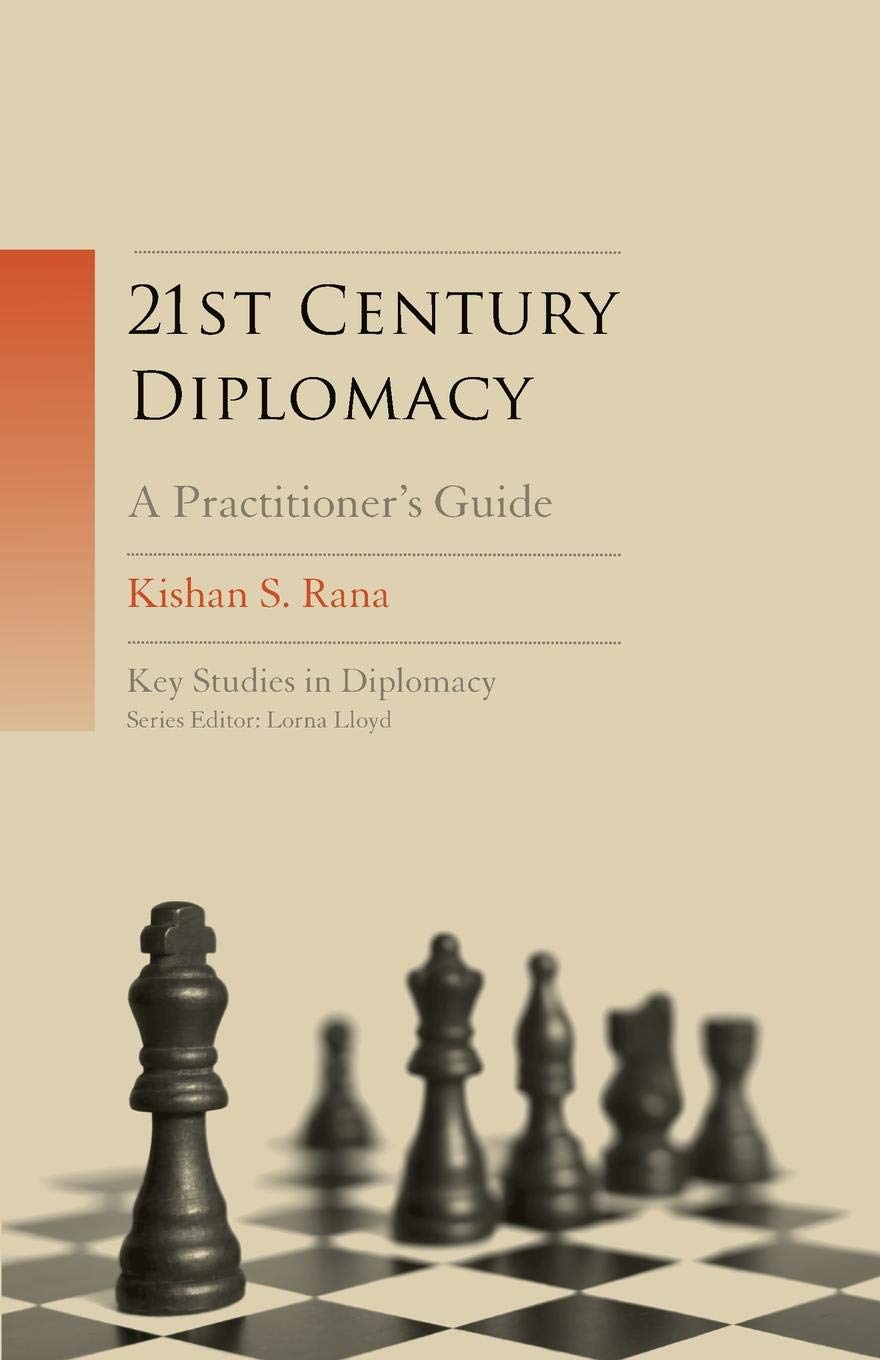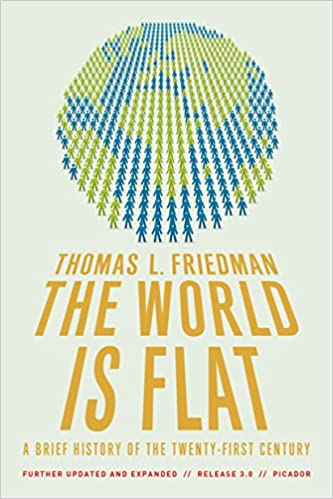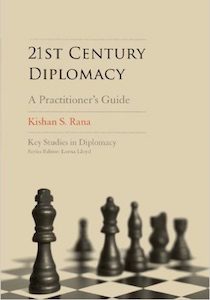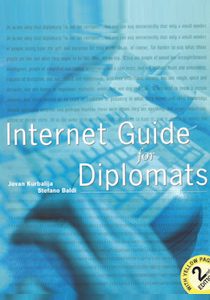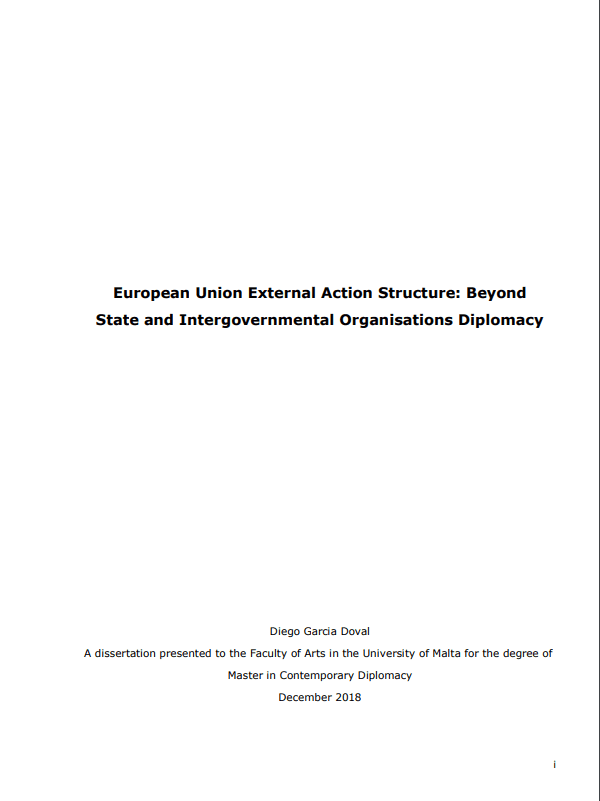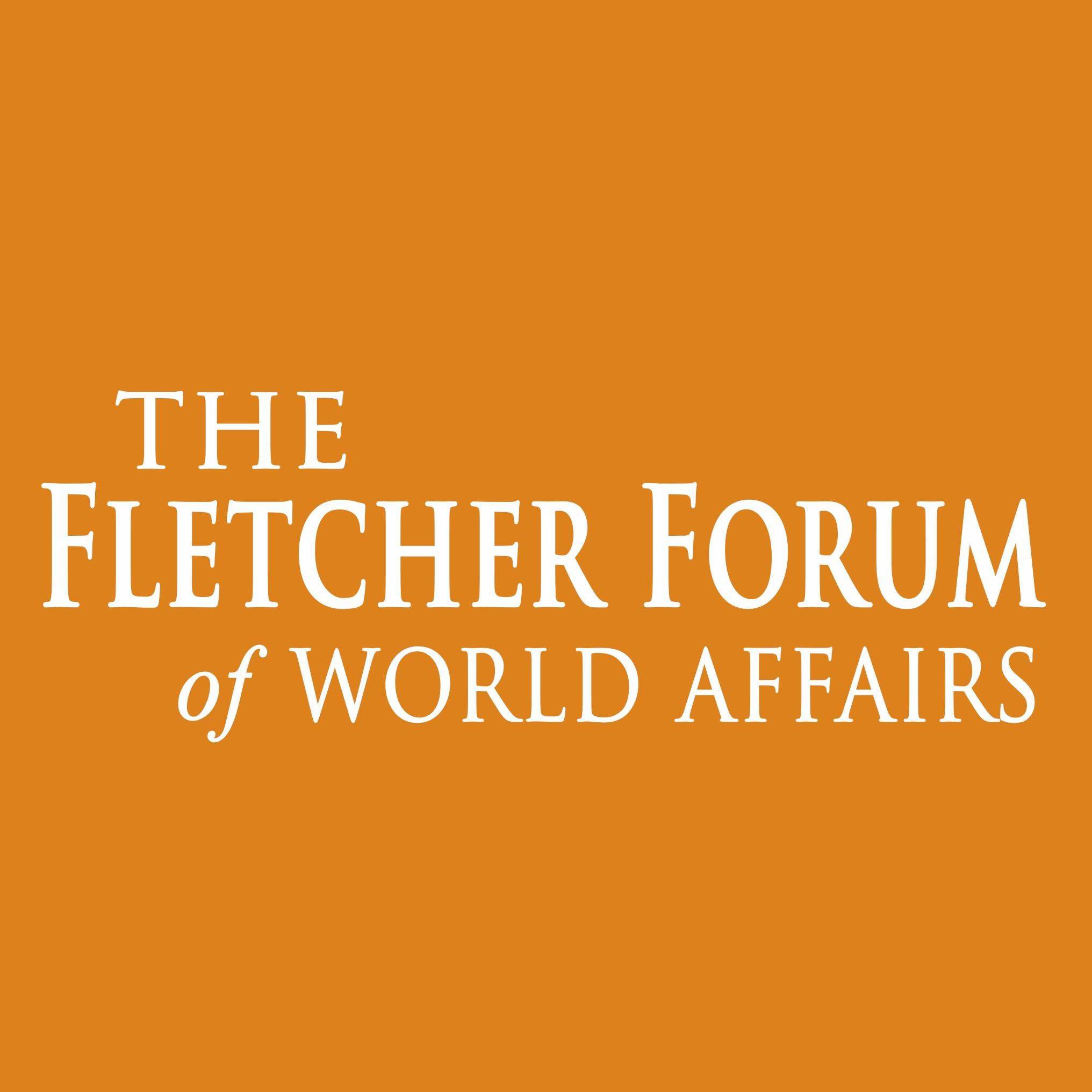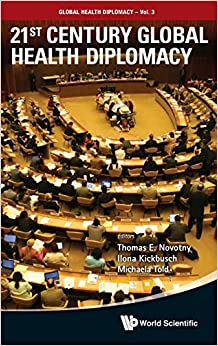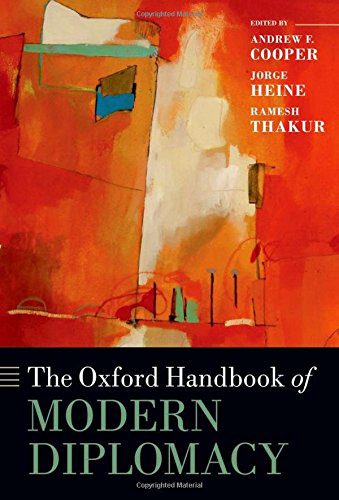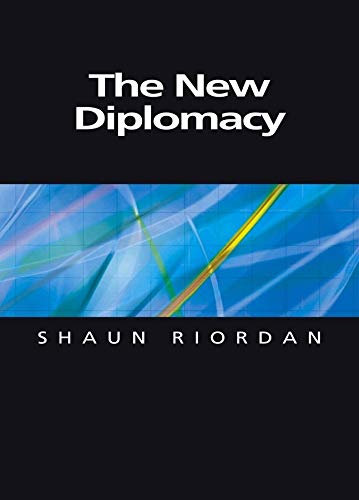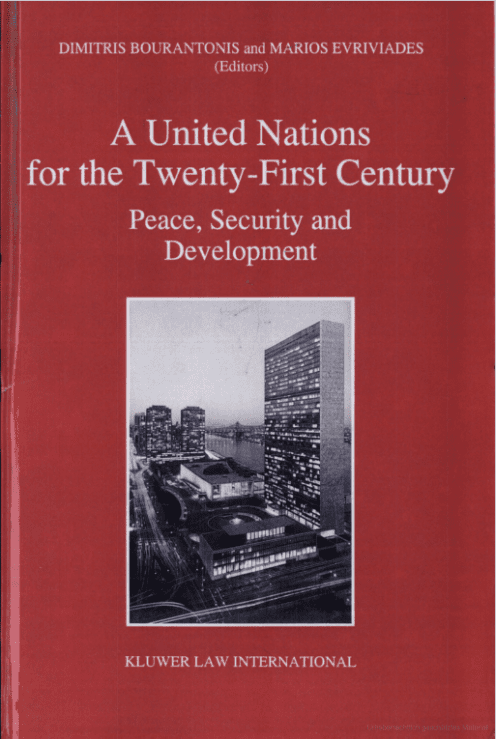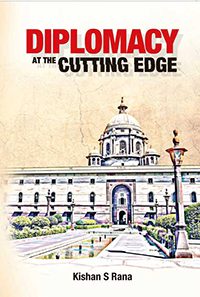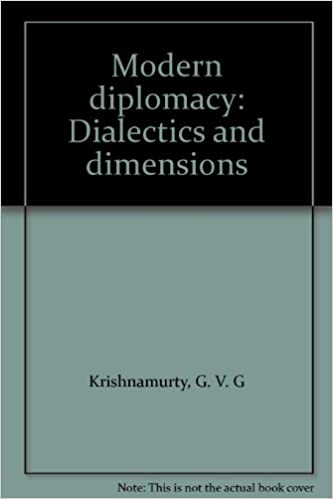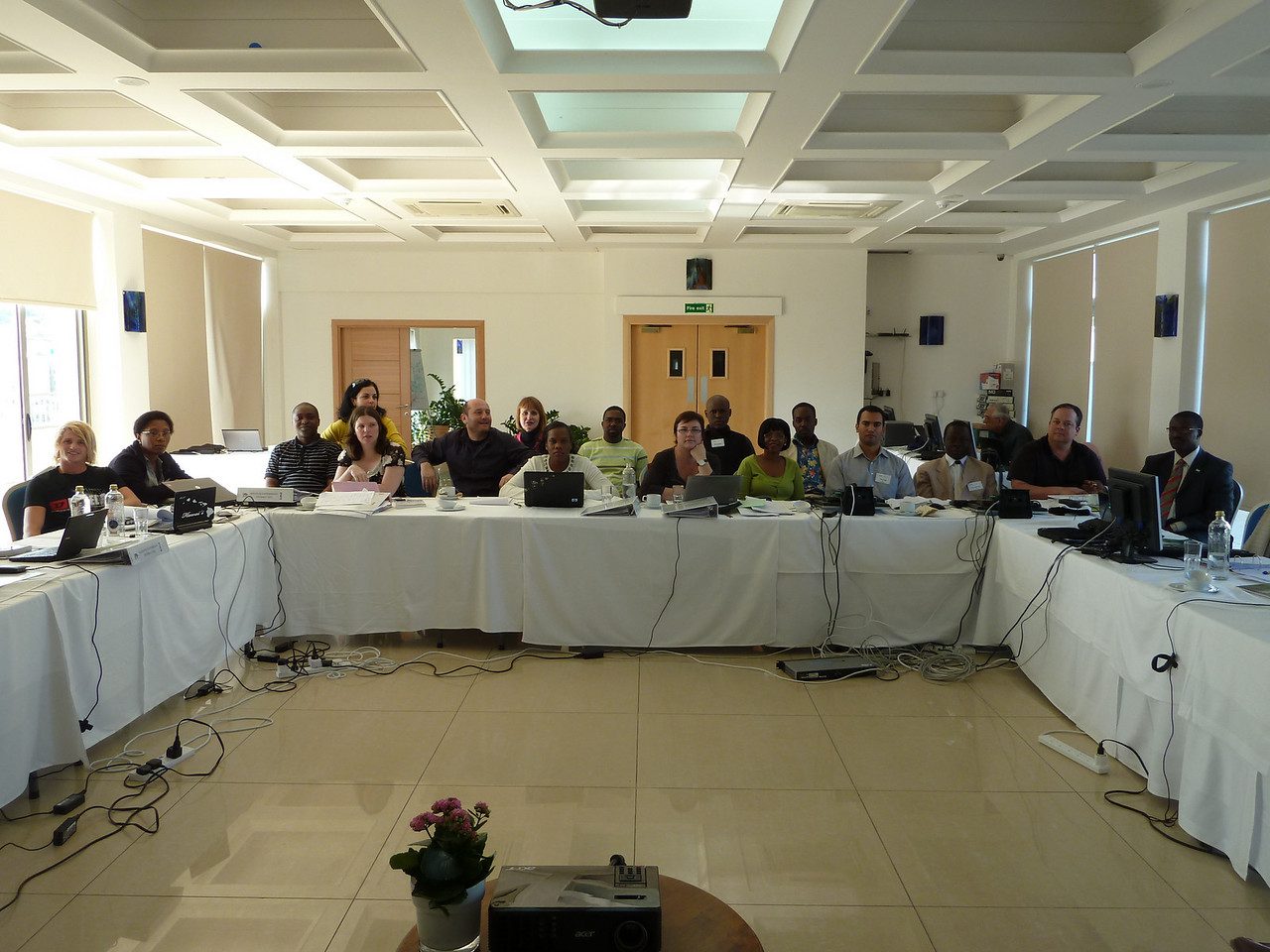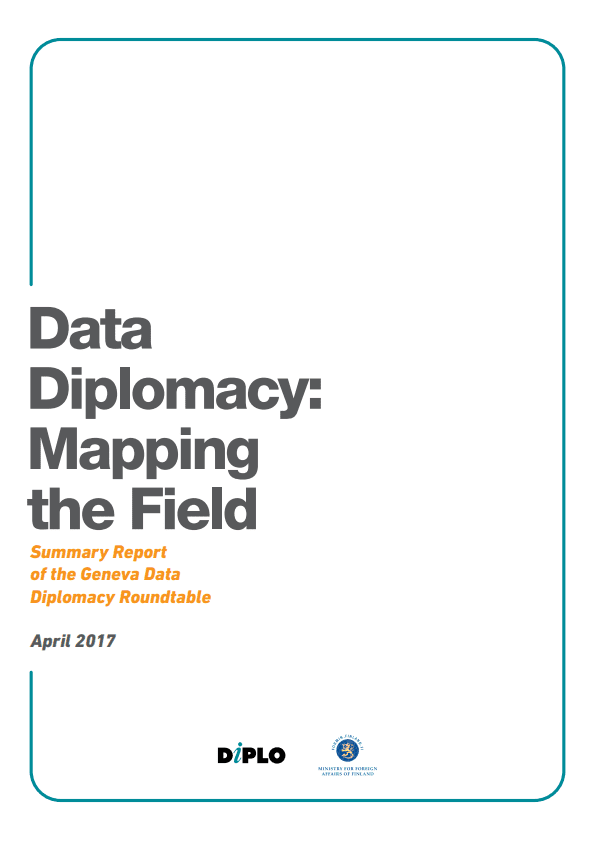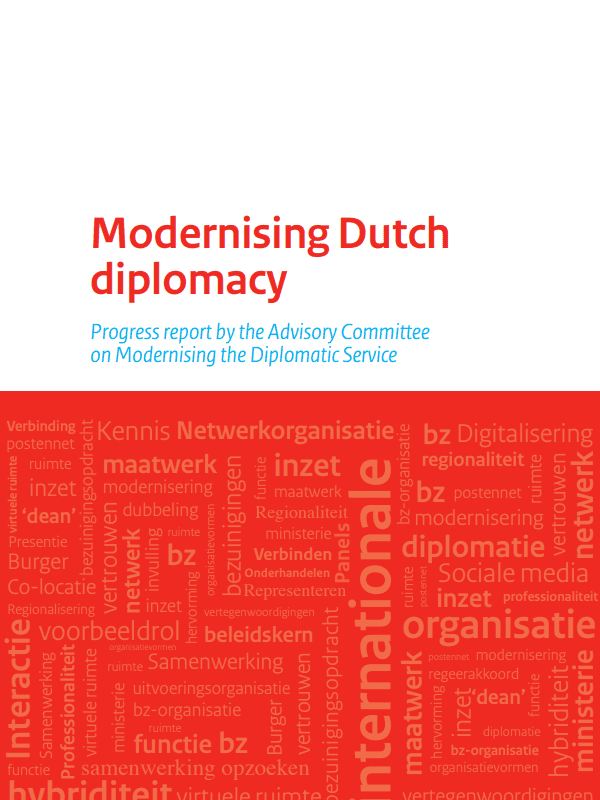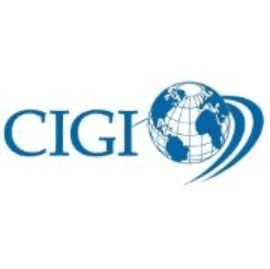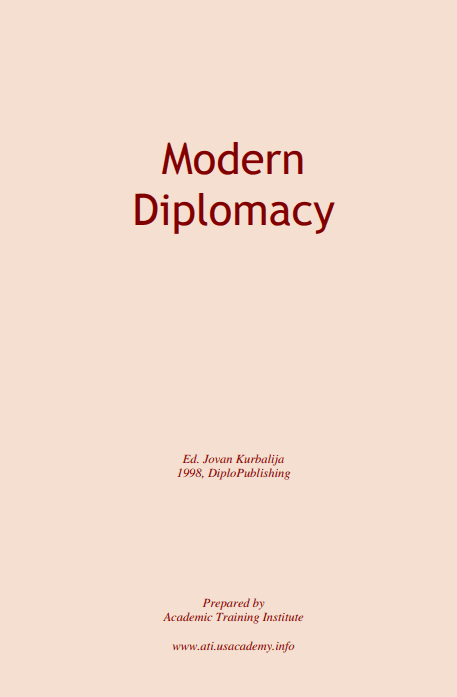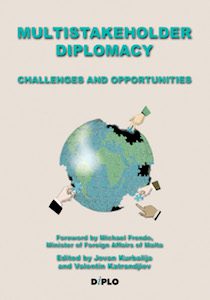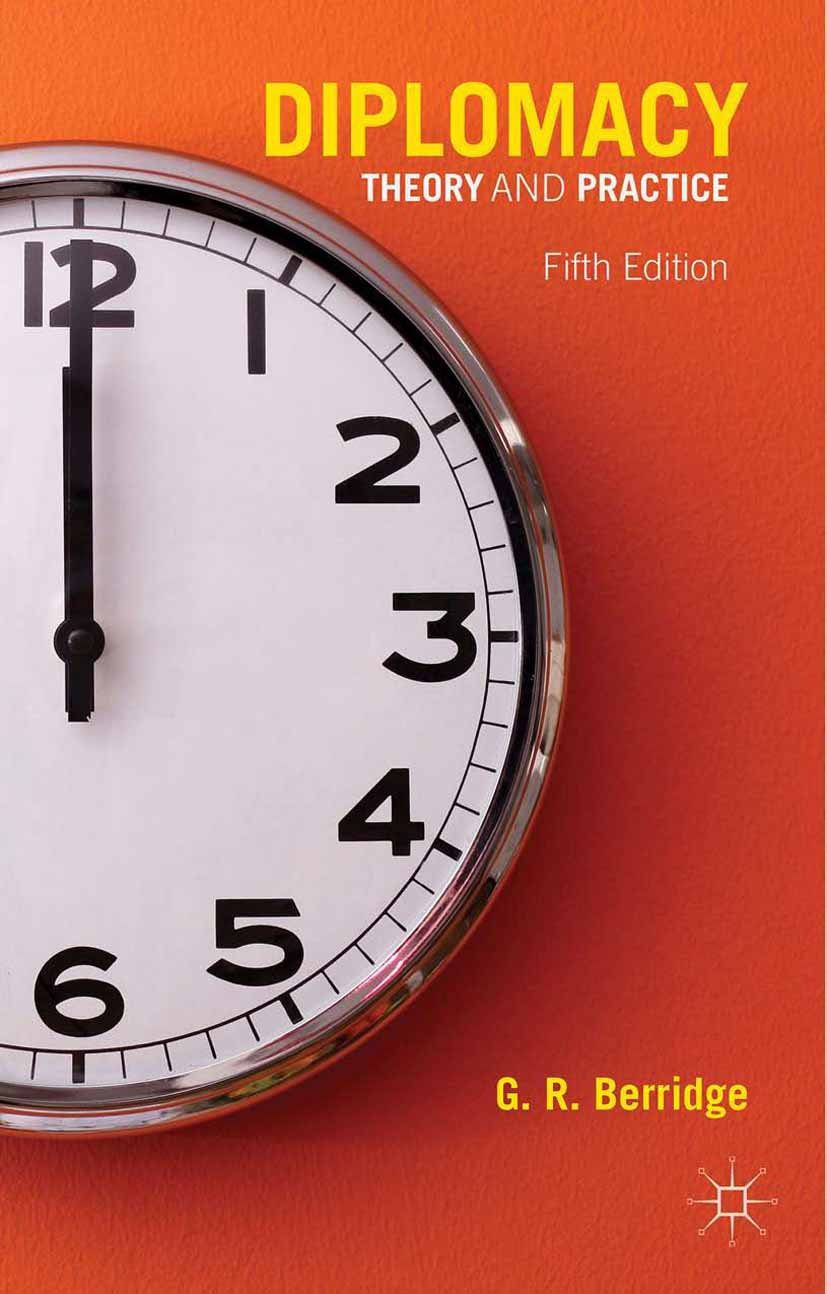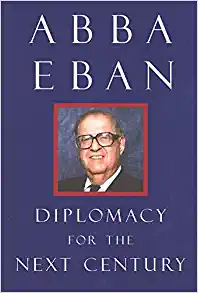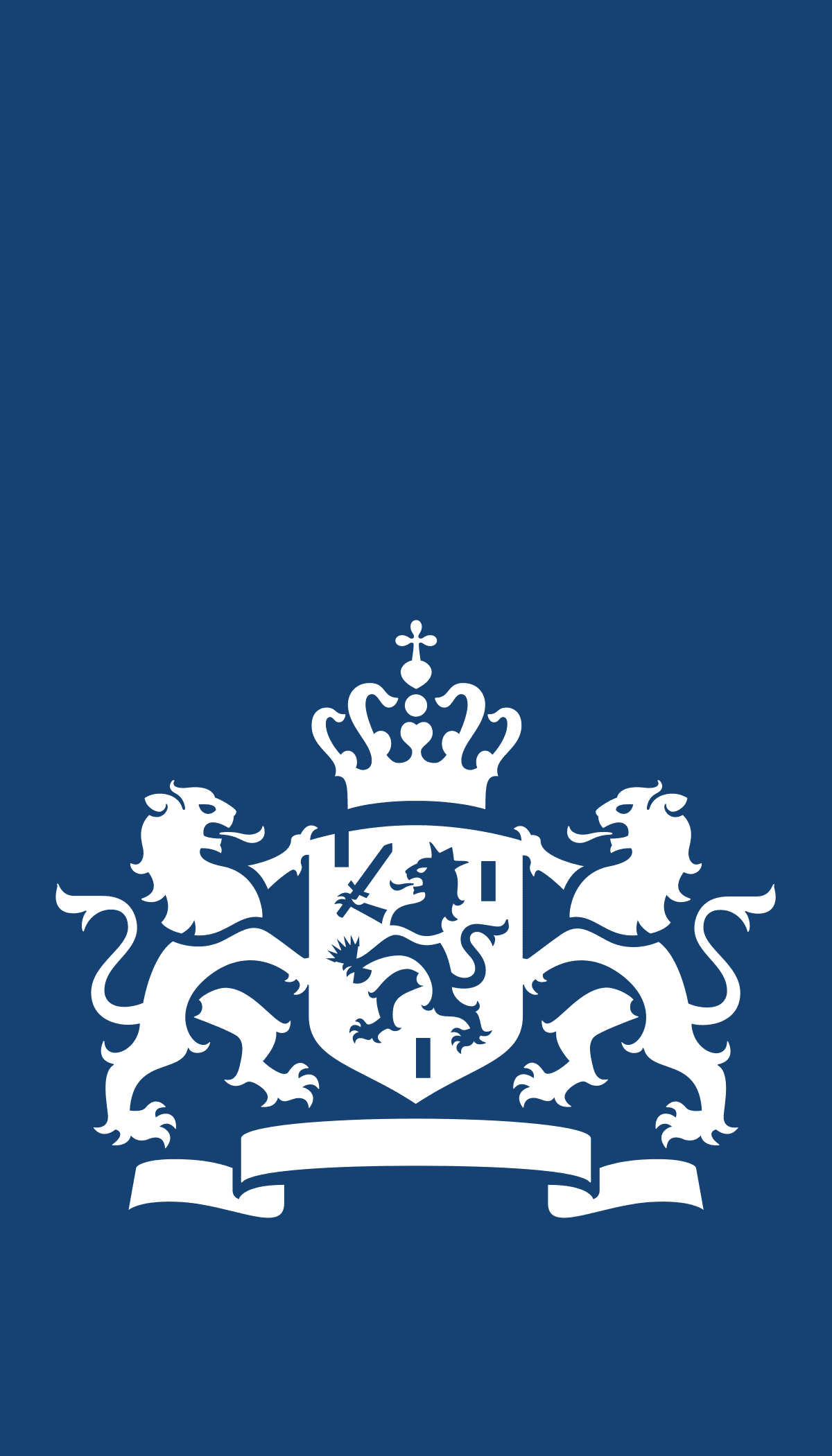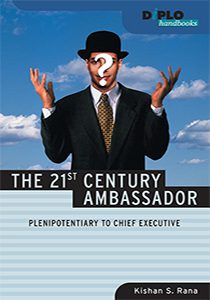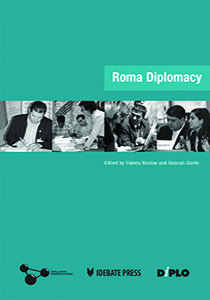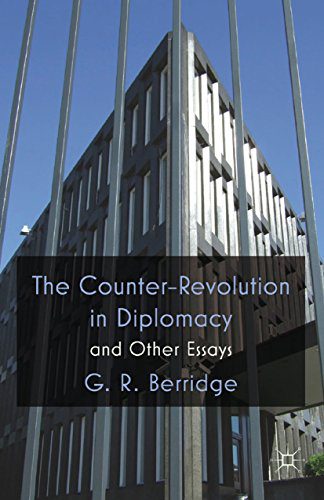Towards the end of the 1980s Yugoslavia started falling apart. At that time I was the chief legal adviser in the Federal Secretariat for Foreign Affairs. One of the last out of many interesting and pleasant jobs I had in that capacity was, by the way, participation in the first conference organised by the CSCE on peaceful settlement of disputes, here in Malta at the beginning of 1991. A few months later it was obvious that the disintegration of the country was imminent, so I decided to leave Belgrade for my native city of Zagreb and accept the position of the first legal adviser in the newly created Ministry of Foreign Affairs of the newly independent Republic of Croatia.
Upon my arrival I had a long interview with Professor Šeparovic’ who was then foreign minister. He asked me many questions about myself and my background, my past work and working experience. In those circumstances of armed conflict and strong mistrust I found it quite normal. As the minister seemed satisfied with my replies, I decided to ask him one question, almost as conditio sine qua non. I said that in my previous job as chief legal adviser, I always had the privilege to openly speak my mind to my boss, the federal foreign minister, who sometimes took my advice, and sometimes not. That was his right, of course, but my right and even my duty was to give him my opinion straight. I emphasised that I considered this way of working essential not only for my functioning, but also as a condition for any normal diplomatic service. The minister agreed fully and we were in business.
Let me add that I took care to reproduce the elements of this conversation to all those who succeeded Professor Šeparovi’in the post of Croatian foreign minister. They all agreed verbally with me, but some seem to have forgotten it soon afterwards…
I have chosen this true story as an opener to my subject, because it brings us immediately to the very basic element of the role and the position of the legal adviser in any diplomatic service in the world. The legal adviser usually has a rather unique status in the structure and the organogram of the Foreign Ministry. Mostly, he is subordinated only to the minister himself and his deputy. Very often he is the head of the service (division, sector, bureau or whatever it might be called) of international legal affairs, treaties, contentieux, etc.
Sometimes he enjoys even fuller freedom and is completely independent from any organisational framework: at the disposal of the whole Foreign Service for opinion and advice, but responsible only to the very top of the ministry. Most probably he would have a correspondent diplomatic title (usually that of an ambassador). Sometimes the legal adviser does not even come from the diplomatic service, but stems from a previous successful academic career (almost without exception that of an eminent professor of public international law). Such a solution obviously has the advantage of a more profound theoretical knowledge of international law, but also the disadvantage of the lack of operative skills and practical diplomatic experience. Some countries try to overcome this problem by employing two persons, associating the services of a distinguished scholar to that of a senior diplomat who has international law background. This seems to be quite a good combination.
* * * * * *
What is, actually, the real work of a legal adviser? What occupational activities consume his working day?
The first and most important duty of the legal adviser, obviously, is to advise his minister, sometimes the government, Parliament or even the head of state, of the existing international law in respect to a particular issue, problem or situation. The purpose is, of course, to give the proper legal framework in making appropriate foreign political decisions, so that the country’s policy does not come in conflict with international law and the broad interests of the international community. It is significant that even countries and their leaders who bluntly break fundamental rules and principles of international law almost invariably make a considerable effort to wrap their acts in a legally presentable or at least justifiable form.
The second important part of the legal adviser’s work is connected with the conclusion of international treaties and their ratification. He and his service must take care not only of the conformity of a new treaty with general rules of international law (particularly ius cogens, norms that cannot be altered or modified) and of his country’s previously accepted legal commitments, but also of the legal-technical correctness and necessary precision of the text: clear and non-ambiguous formulation, appropriate final and transitory provisions, etc. In this context a special problem emerges in connection with various scheduled state visits: very often the treaty or legal division is put under pressure to finish the work on a draft agreement and prepare the text for signature “by Tuesday, 11:00 A.M.,” because the visitor shall then call on such-and-such a high official and it would be an excellent opportunity to sign the treaty that has been dragging on so long. . . It happens so more often if the visit is lacking in real content and both sides are trying to find some justification for spending their tax-payers’ money.
Very often the legal adviser takes part in (or heads) the delegation of his country to various bilateral or multilateral meetings: diplomatic conferences ranging from negotiations with a neighbouring state to the UN General Assembly sessions. He is also, through his function or in a personal capacity, appointed to a number of domestic bodies or member of various international forums, boards, and commissions. (If I may be excused for taking my own example, I am participating in the work of three or four Croatian national commissions, vice-president of the administrative board of the Regional Centre for Protection of the Mediterranean in Split, arbitrator to the European Tribunal for Peaceful Settlement of Disputes within the OSCE, member of the Council of Europe Committee of Legal Advisers – CAHDI, member of the Venice Commission “Democracy through Law,” etc.).
The legal adviser sometimes has to represent his government before the national courts and sometimes before international tribunals or arbitration commissions. This is always a very difficult and delicate task, particularly if the country’s position is precarious. It may well happen that such a situation occurs just because the legal adviser’s opinion was not valued, or maybe was not even sought. Even in such a case he must do his best to defend his country’s policy, in the same way a barrister has to scrupulously defend a murderer, although he may intimately strongly condemn the committed crime. The legal adviser, then, has an important role to play in the adoption of internal laws of the country dealing with international legal obligations or laws that have a certain international element (such as the law on conclusion and ratification of international agreements or the law on the protection of the rights of minorities).
Finally – and this may consume a great deal of the legal advisor’s time – he should be ready to give advice on practically any question or help to resolve any dilemma put to him by any department or section of his own ministry or any other one, whether it has a connection with international law or not. This may particularly be the case with new countries where the majority of public servants still lack knowledge and experience. Outside of his official duties, but obviously connected with his job and experience, the legal adviser is frequently asked to teach at universities at home and abroad, give lectures, and participate at scientific conferences like this one. (Forgive me for being personal again – I teach regularly at the Croatian Diplomatic Academy, at the Faculty of Law and also at the Faculty of Political Science in Zagreb, at the High Military-Diplomatic School of the Croatian Ministry of Defence, and occasionally at one or another university abroad). In his free time (!?) the legal adviser is free to write books, articles, give interviews to the press, or participate in public political and cultural life. . .
* * * * * *
The institution of the legal adviser may itself not be particularly old, but the customary rules and norms, and indeed international law, have been known and more or less respected for ages. There have always been experts, specialists, or people of knowledge and wisdom who could advise of its existence and its requirements. What could be new and modern in such a long-established practice? Is there anything one should investigate in the framework of our subject of modern diplomacy?
First of all, there is an ever-growing tendency to democratisation, transparency, and “glasnost” of foreign policy: democratisation both internally, from the point of view of the population of the country, its tax-payers, and externally, from the point of view of the third countries, and the international community as a whole. Secret diplomacy is not dead, but its scope is very much reduced. Good and sound legal advice is, therefore, so much more sought and needed. Secondly, there are entire new areas of international law which need to be thoroughly studied, followed on a daily basis, and almost constantly translated into the domestic legal system.
A good example of this is the continuous development of norms protecting human rights and fundamental freedoms, rights of minorities, environmental law, communitarian law, etc. Such developments impose another important aspect on the work of a good legal adviser in a democratic, law-abiding country: that of contributing to the further development of international law. I shall quote my former British colleague Sir Arthur Watts who wrote very explicitly about it: “Since there is no legislature, it (international law) changes essentially through State practice – which means what Foreign Ministries do and what Foreign Ministry legal advisers advise their Ministries it is lawful for them to do. Since the law has to change in this way, it means that States can, and do, break new ground and so contribute to the creation of new law. A legal adviser, accordingly, may have to participate in this process; and he may certainly, in appropriate circumstances, advise that it will be lawful to do something which has never been done before, or which would involve the development in a new direction of an existing rule of international law.
The circumstances of international life are pressing, and even though a situation may have novel elements it cannot be met with inaction; and novel situations may call for novel responses.” Finally, due to the spectacular development of technical and telecommunication tools – as we have just been so well enlightened by my old friend and dear colleague Jovan Kurbalija – there are entirely new possibilities of access to information, new ways to exchange views, dramatic increase in the speed of inter-communication and consultation, and therefore, immensely increased potential to reach consensus in bilateral negotiations or international conferences. Legal advisers of all countries of the world benefit from these new tools every day in the preparation of new treaties, in clearing many problems by phone, fax or through e-mail even before meeting to discuss legal matters, and even in obtaining ordinary information – be it a telephone number or an address – from each other.
* * * * * *
May I be allowed, however, to return to the problem which I announced very briefly in the beginning of my intervention. Almost all authors writing about the work and the role of the legal adviser pay special attention to his relationship with his superiors (be it the minister or the government). The minister is the head of the Foreign Service: not only of the Foreign Ministry, but also of a whole network of diplomatic, consular and other missions abroad (for example, the missions to the United Nations and their specialised agencies, military missions, information and cultural centres, special representations, ad hoc missions, delegations to the international conferences, ambassadors at large, special envoys, etc.).
In making decisions, the foreign minister must take into consideration a whole array of various factors, from political ones (both internal and external), through economic and social arguments, up to security motivated requirements. He has to follow the instructions of the head of state and the prime minister, and the foreign policy guidelines set by Parliament, and also to take care of requests by various lobbies or the views expressed by an overzealous and active senator or member of the parliamentary foreign affairs committee. In the cacophony crescendo of such a chorus, the legal adviser’s voice can very easily get lost. The cynics among the lawyers say that it is almost normal, usually does no harm, and that the ministers get from their legal advisers exactly what they deserve.
The worst conceivable kind of relationship (and results) is that of a minister surrounded by “yes-men” and accustomed to that, expecting the same attitude from his legal adviser. It is not surprising that, in the end, the minister will get what he wants. (Even legal advisers are, after all, human. Should a very conscientious lawyer refuse to accept the role of the rubber-stamp, there will always be others to offer their “services.”) But in doing so, “the boss” loses the very best that a legal adviser can provide: his penetrating, critical, analytic, discriminating mind. Even the most autocratic medieval rulers and tyranic dictators used to keep at their palaces a buffoon, a jester or a court fool. The fools were paid to amuse their master, but more often than not their jokes contained sharp criticism and reasonable advice: many of those despots who did not tolerate any disapproval from the “cortiggiani” around them knew how to listen to the voice of good sense, even wisdom, coming from their “fools.”
Not only the position of the legal adviser, but also the scope and the quality of his work, its efficiency and usefulness, depend to the greatest extent on the political climate, the degree of democratic development of the society, and the existence and functioning of the rule of law in it. Even in countries where those values are, generally speaking, at a very high level, one can detect the problem of hypertrophic subordination normal in any administration (unhealthy servility and poltronism, lack of civic courage, absence of constructive criticism, etc.).
The problem is much worse in those countries where democracy remains a word on paper or just a distant goal, where every dissonant voice risks ostracism for high treason or at least dangerous deficiency of patriotism: precisely in those lands which are in most need of solid, unbiased, objective legal advice (and also of focused, well-intentioned criticism). As much as the normal work of the legal adviser is hardly possible under such circumstances, and in spite of the fact that the real solution cannot be sought in the limited microworld of the legal service or the Ministry of Foreign Affairs but rather in deep changes to the state and society as a whole – or perhaps just because of the above reason – the legal adviser must do his very best to “remain in saddle” and to preserve all the possibilities, meagre as they may be, to raise his voice and keep trying to put his obol to efforts which eventually could lead in the right direction. It is symptomatic that many authors from very different countries at various stages of the development of diplomatic services indicate the existence of this problem.
* * * * * *
I should not like to close my brief review by criticising the ministers; the opposite is also true. So, let me quote Robbie Sabel who says: Foreign ministers like to complain about their legal advisers. The complaints usually are that their legal advisers are pedantic, lack vision, are ultra-cautious and miss the bigger picture, but, like the well-known credit card, foreign ministers usually “don’t leave home without them.”


